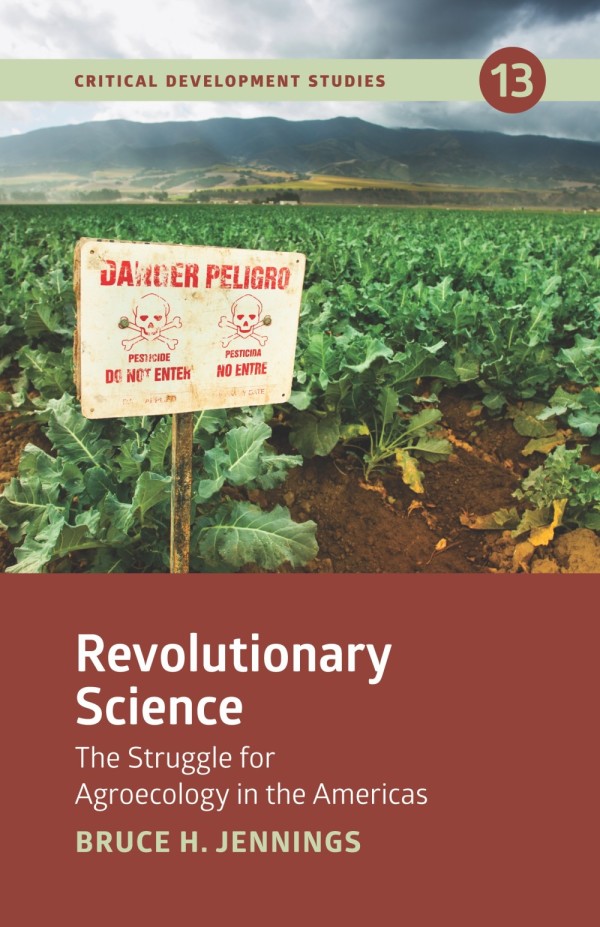
Revolutionary Science
The Struggle for Agroecology in the Americas
As the climate crisis becomes more urgent and issues of social inequality intensify, this book shows how agroecology offers hope rooted in a deeper understanding of ecology, society, and collective struggle.
About the book
In the 1940s, a US-backed campaign spread industrial agriculture across the Americas, dismantling traditional farming systems that had sustained campesino communities for generations. The result was ecological damage, cultural loss, and deepened inequality.
Amid this devastation, a group of Latin American scientists chose another path. Working alongside farmers, Indigenous communities, and social movements, they helped shape a new vision — agroecology: a science grounded in ecology, cultural respect, and political commitment to those most marginalized.
Revolutionary Science tells their story and asks a vital question: Can agroecology thrive as both a science and a movement strong enough to advance livelihood for millions of campesinos and many others across the Americas?
Activism & Social Movements Capitalism & Alternatives Food Politics Global Studies & Development Political Economy
Contents
- Part I: Conflicts in the Science of Agriculture: Revolution and Counter-Revolution in the Americas
- Chapter 1: Scientific & Social Revolutions
- Chapter 2: Transforming Mexican Agriculture
- Chapter 3: The Counter-Revolution in Mexican Agriculture
- Chapter 4: The Production of Knowledge
- Chapter 5: Expanding a Green Revolution across the Americas
- Chapter 6: The Violence of the Green Revolution
- Part II: Critiquing a Dominant Science and Its Consequences
- Chapter 7: Ecology, Chemistry & Conflicts
- Chapter 8: Fights in the Fields
- Chapter 9: Agrichemicals & the Law
- Part III: Agroecology: The Struggle for a New Science
- Chapter 10: An Alternative in Production
- Chapter 11: Demonstrating Another Knowledge & Practice
- Chapter 12: New Markets/New Conflicts
- Chapter 13: Agroecology at Berkeley: A Path Not Taken
- Part IV: Conclusions: Linking a Science and a Movement
- Chapter 14: Agroecology & Infrastructures of Support
- Chapter 15: Agroecology & Infrastructures of Resistance
- Epilogue
- References


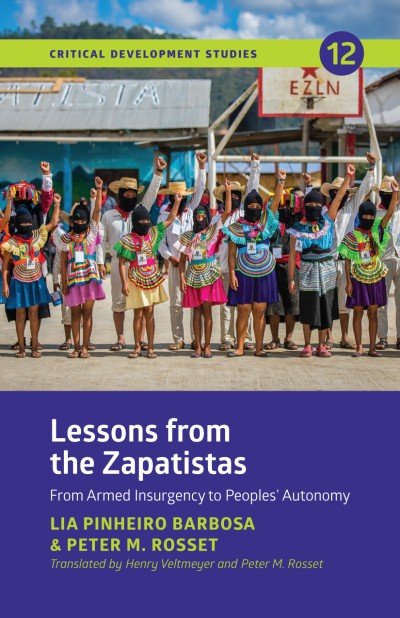
_cover-FINAL_400_618_90_s.jpg)
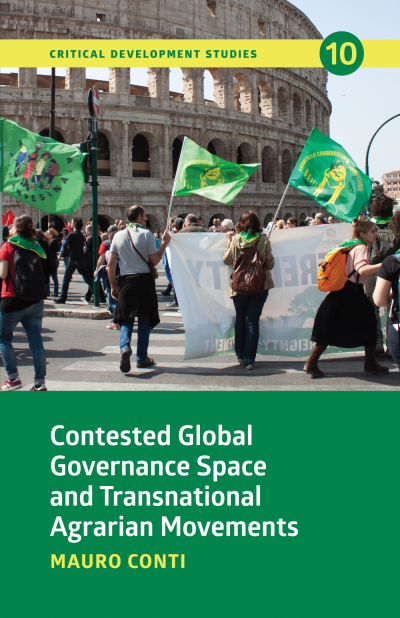
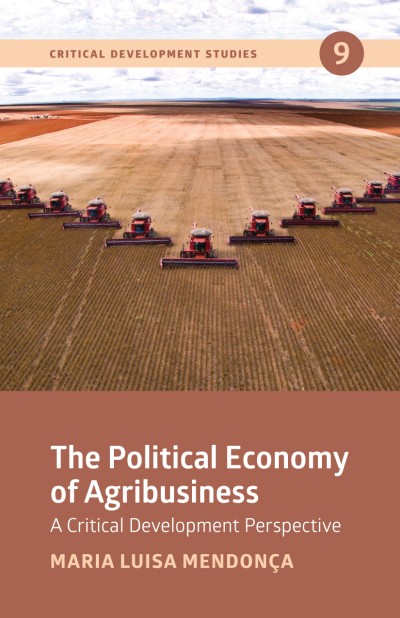

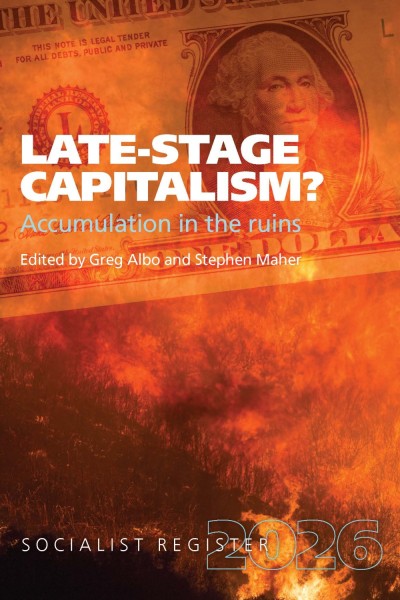



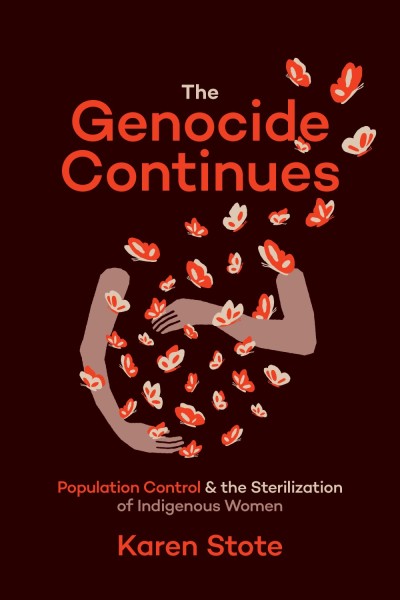

_cover-FINAL_400_600_90_s.jpg)